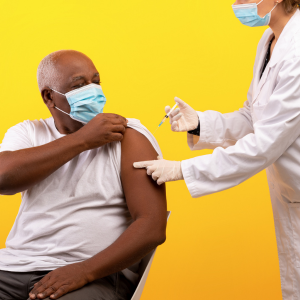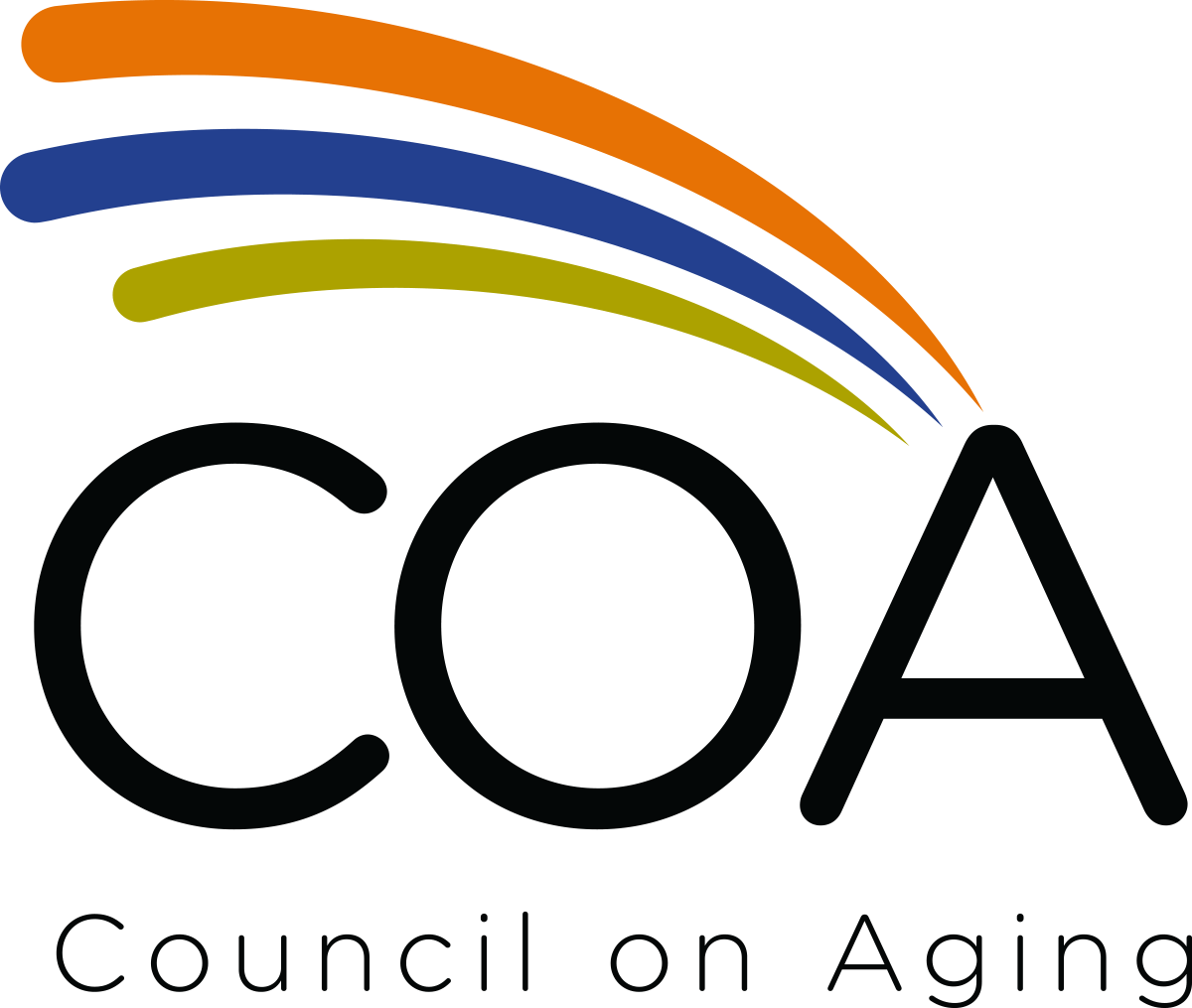News
Older adults urged to stay updated on three important vaccines
October 19, 2023
As we move into fall, it is important that older adults – and all others recommended to do so – are up-to-date on vaccines for seasonal flu, COVID-19 and Respiratory Syncytial Virus (RSV).

Seasonal Flu
Flu vaccines are updated each season because flu viruses are constantly changing. Also, immunity wanes over time. Annual vaccination helps to ensure the best possible protection for you, your family and your community against the flu.
People 65 and older should get a higher dose or adjuvanted flu vaccine. These vaccines are preferred for people 65 years and older because data show they may be more effective than standard dose flu vaccines. Your doctor can provide more information about the flu vaccine that is best for you. A fact sheet is included for more information.
COVID-19
The Centers for Disease Control and Prevention (CDC) currently recommends everyone 5 years and older receive one dose of an updated COVID-19 vaccine.
Older adults and people with weakened immune systems are more likely to get very sick from COVID-19. Getting and staying up to date with the COVID vaccine can reduce the risk that you’ll get seriously ill, need hospital care or die from COVID; develop long COVID; or spread the disease to others, putting their health and lives at risk.
RSV
RSV is a common respiratory virus that usually causes mild, cold-like symptoms. Most people recover in a week or two, but RSV can be serious for older adults and adults with chronic heart or lung disease, weakened immune systems or other underlying medical conditions, and those living in nursing homes or long-term-care facilities.
The CDC recommends that for the 2023-24 RSV season, if you are 60 years or older and your health care provider recommends RSV vaccination for you, you should get an RSV vaccine as soon as it is available in your community, before the number of cases of RSV start to increase, which is usually in the fall and winter.
Finding Vaccines
Vaccines may be available at private doctor offices, pharmacies, workplaces, community health clinics, health departments or other community locations, such as schools and religious centers. If your primary healthcare provider does not stock all the vaccines recommended for you, ask for a referral.
You may also find locations providing the flu and COVID-19 vaccines in your community at www.vaccines.gov.
To avoid having to make three separate appointments, which can be challenging for those with limited time or transportation resources, CDC guidance states that flu, COVID-19 and RSV vaccines can all be given at the same time to eligible individuals.
Additional Practices to Help You Stay Well
In addition to getting vaccinated against the flu, COVID-19 and RSV, there are things you can do to stay healthy this fall and winter.
- Wash your hands or use hand sanitizer frequently.
- Practice social distancing and stay away from others if you are not feeling well.
- Wear a mask in public places, when you are unable to practice social distancing or when you are around others who have not been vaccinated.
Resources
